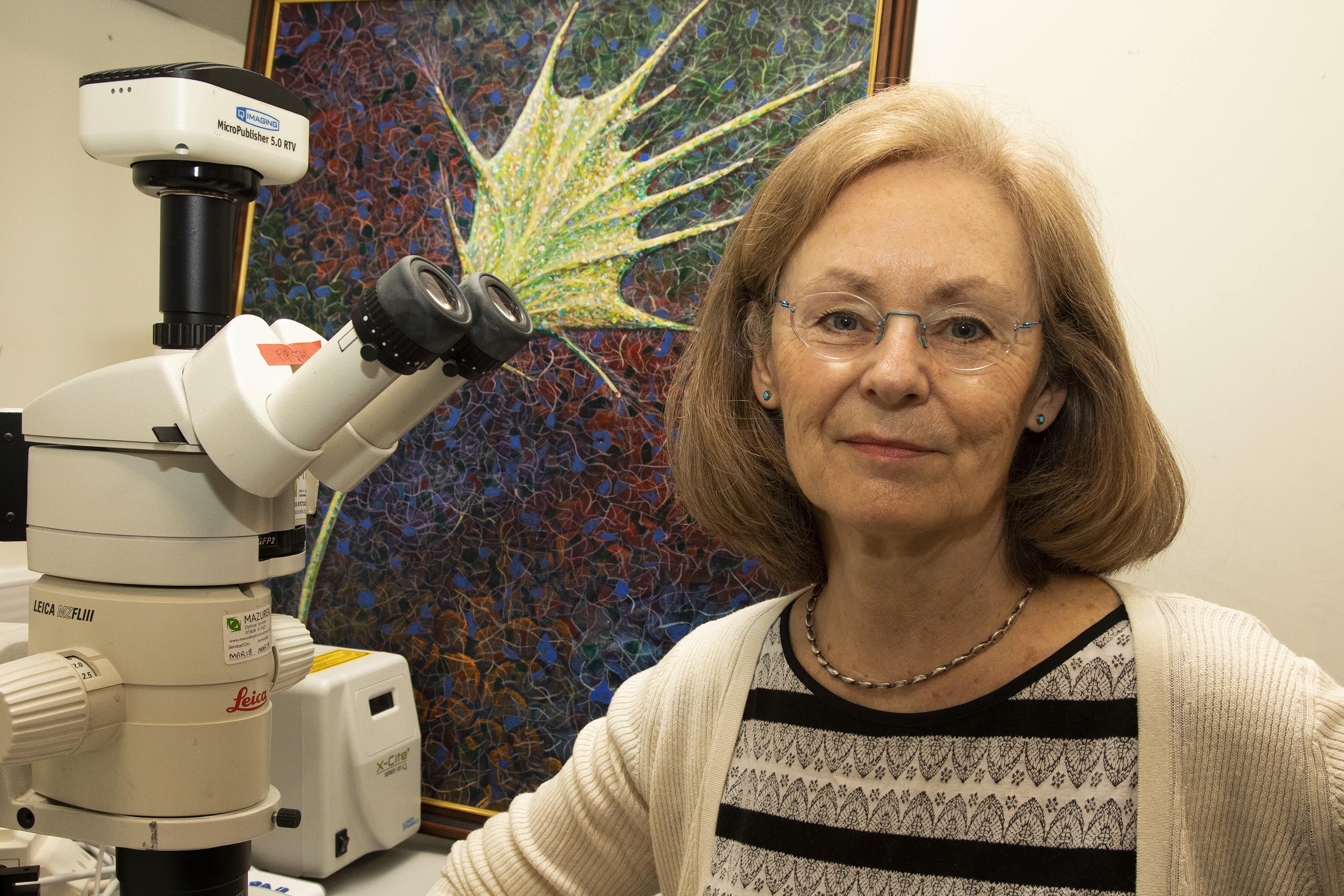University of Cambridge scientist wins world’s top neuroscience award
Professor Christine Holt shares the Brain Prize with two other neuroscientists.

A University of Cambridge scientist has won the world’s top neuroscience award.
Professor Christine Holt shares the award with two other neuroscientists, Professor Erin Schuman at the Max Planck Institute for Brain Research, and Professor Michael Greenberg at Harvard Medical School.
The Lundbeck Foundation announced that the 1.3 million euro (£1.1 million) Brain Prize 2023 was awarded for critical insights into the molecular mechanisms of brain development and plasticity.
During development and adulthood human brains are subject to extensive change known as neural plasticity.
Receiving the Brain Prize is an honour beyond my wildest dreams, and I’m absolutely delighted
Collectively, the scientists made significant advances in unveiling the mechanisms that enable the brain to develop, and to restructure itself in response to external stimuli as it adapts, learns, and recovers from injury.
Ms Holt, professor of developmental neuroscience in the department of physiology, development and neuroscience at Cambridge, said: “Receiving the Brain Prize is an honour beyond my wildest dreams, and I’m absolutely delighted.
“It’s an incredible recognition of the work that we have been doing over the last 40 years.”
The prize is awarded annually by the Danish Lundbeck Foundation to researchers who have made highly original and influential discoveries in brain research.
Prof Holt said: “Our work has revealed the surprisingly fast and precise mechanism by which brains ‘wire up’ during development, and actively maintain their wiring throughout life.
“This provides key insights into the causes of neurodevelopmental and neurodegenerative diseases.
“Fundamental knowledge of this sort is essential for developing clinical therapies in nerve repair.”
If brain wiring connections fail to form, or form incorrectly, there can be serious neurological deficits such as blindness.
If connections fail to be maintained, as occurs in many neurodegenerative diseases such as dementia, then important brain function may be lost.
Prof Holt’s work revealed that each neuron sends out a long “wire” – called an axon – that navigates to its own target in the brain.
She also found that proteins are continuously made in the axons every day – an important process that enables developing and adult brains to be shaped by experience.
Laboratories around the world are looking at how mutations in these proteins affect the growth and survival of axons.
It is hoped that new therapies can be developed for treating neurodevelopmental and neurodegenerative diseases.
Bookmark popover
Removed from bookmarks